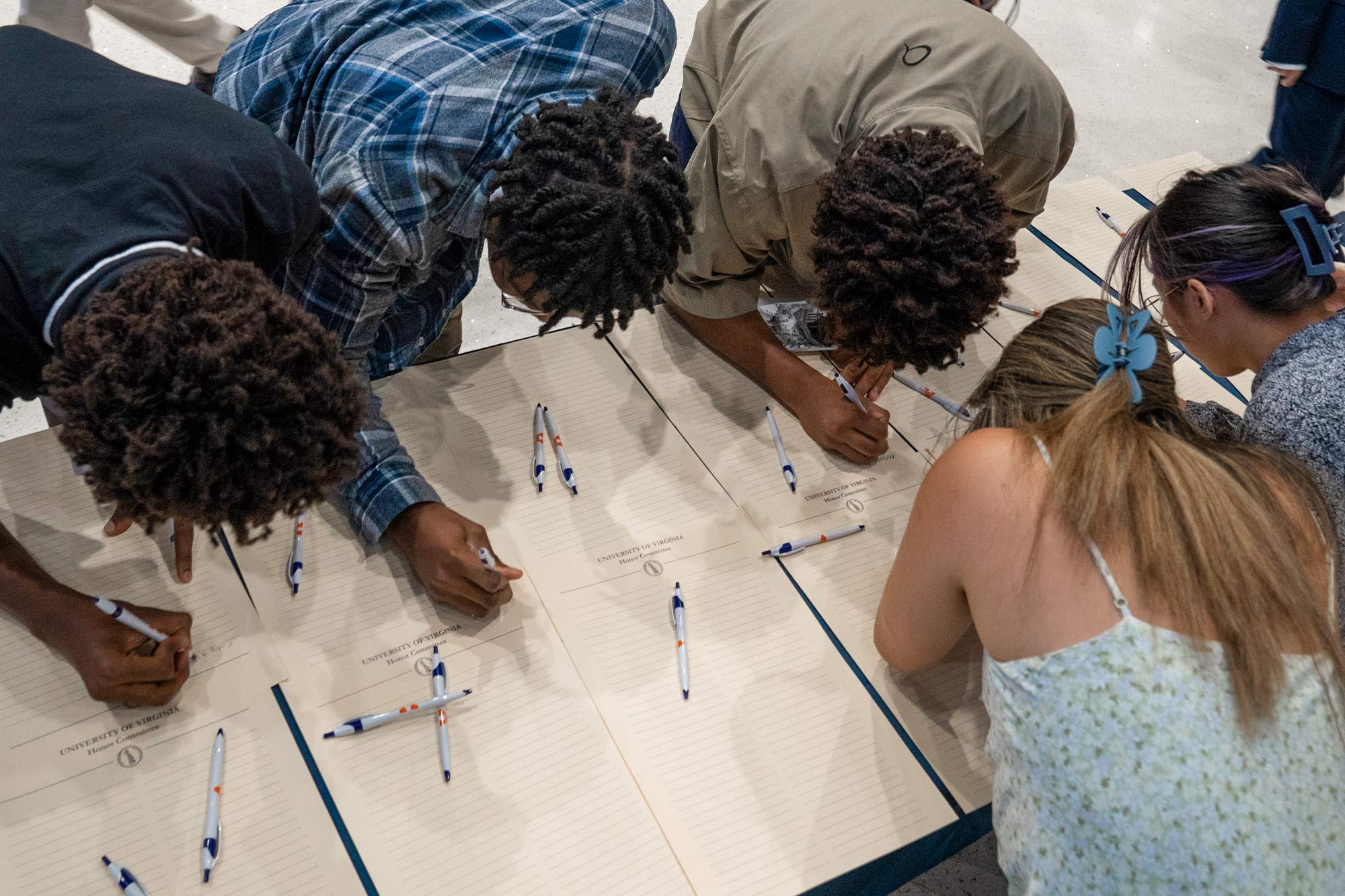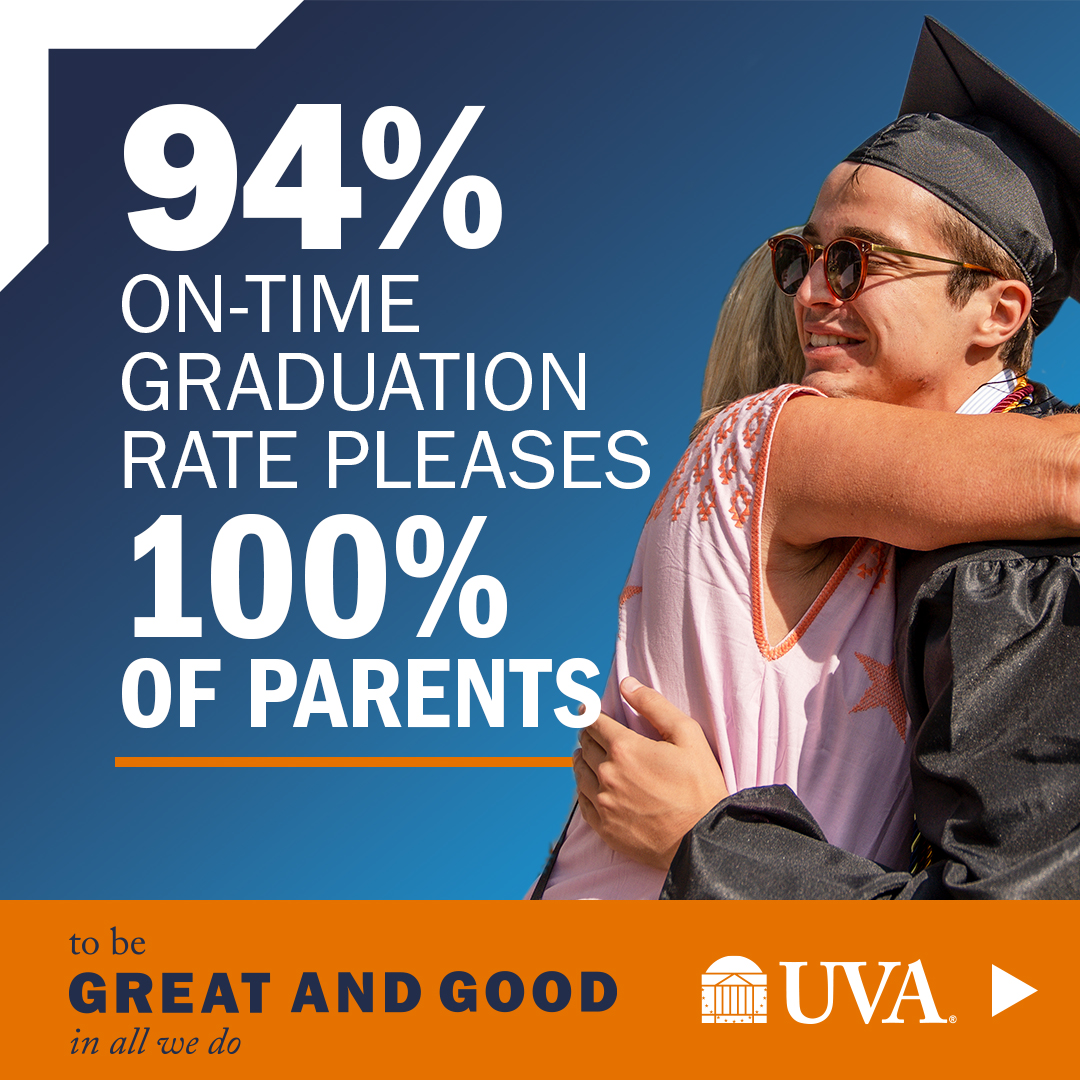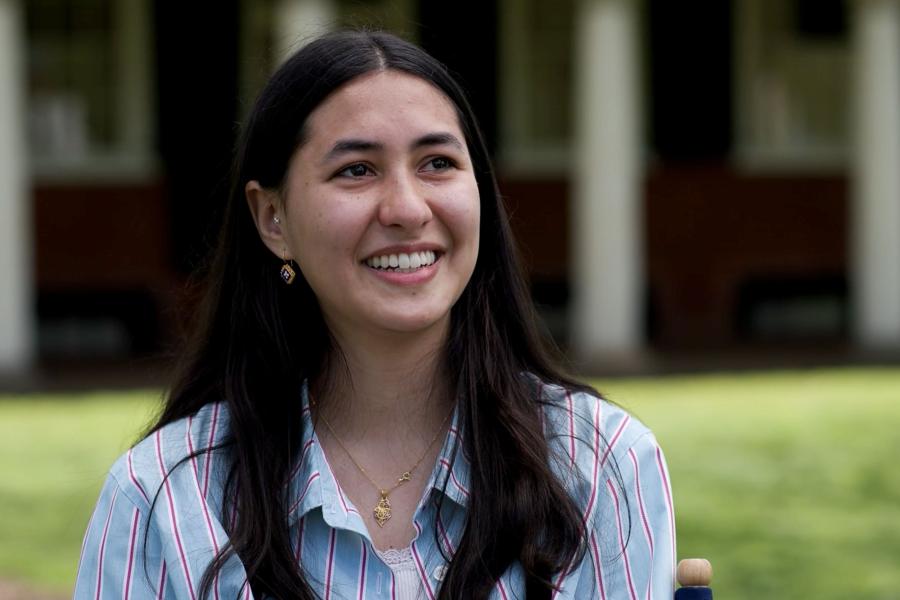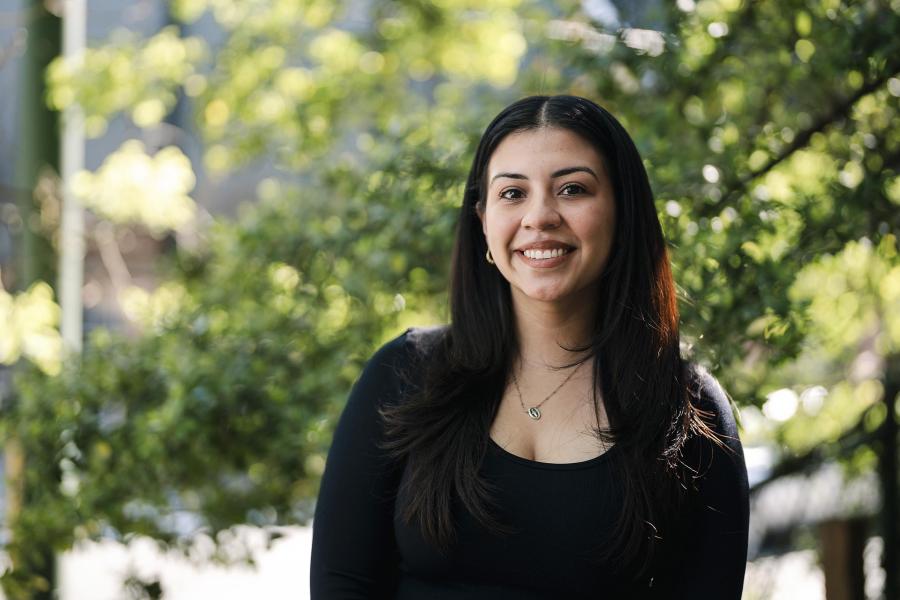Students at the University of Virginia voted this month to restore the option to expel someone if they are found to have violated the honor code as part of a new, multi-sanction system. The move comes one year after students voted overwhelmingly to remove the single-sanction action of expulsion when a student is found to have stolen, lied or cheated.
In voting that ended March 2, more than 88% of students voted on the new option as part of an overhaul of the constitution, which guides the University’s Honor Committee.
Three of the since-approved guidelines were highlighted in a Cavalier Daily opinion piece published by the Honor Committee in February, ahead of the vote.
First, when an honor case is heard, the panel will include a few randomly selected students instead of a group comprised solely of Honor Committee representatives.
Second, the option to expel a student for an honor violation “comes with strong guardrails to prevent its inappropriate use,” reads the piece. Examples include the ability of students found guilty to suggest a sanction “most appropriate for their case.”
Third, students who submit an “informed retraction,” admitting guilt before trial, are no longer automatically suspended for two semesters. Instead, those who demonstrate accountability for their honor code violation will, in concert with the person who brings the charge and a special Panel for Sanction, “agree upon appropriate sanctions that reflects [sic] the student’s recommitment to the Community of Trust,” the Honor Committee wrote.
Gabrielle Bray, who chairs the Honor Committee, said the idea to introduce a multi-sanction system at UVA “has been an ongoing conversation for about 50 years” and last year’s vote was “a turning point, but it’s not necessarily where we wanted to end up.”
Thus, the new measures also address an issue that last year’s vote did not: the fair treatment of first-generation and low-income students, graduate students, international students and student-athletes, she said.
“Those groups have been disproportionately affected by Honor in the past,” Bray said. For international students, travel visas can be become complicated if a person is suspended for a year. “It complicates student-athlete status,” Bray said. “What do you do with this year of eligibility? If you are on a leave of absence, can you return?”
Bray said the previous iteration of the constitution heightened “existing socioeconomic issues.”
“I think the classic example [is] of a student who can use it as a gap year and a student who will be working at home for a year,” she said. “Those are two wildly different experiences that I think employers will look at very differently.”
In the fall, the Honor Committee held a constitutional convention of 30 student groups in an effort to build support for voting “yes” to the new constitution.
“The thinking was, ‘We have existed in our fourth-floor Newcomb [Hall office] bubble for a while and have not actively engaged with student opinion in the way that we ought to,’” Bray said.
To burst the bubble going forward, instead of every other year, the Honor Committee will hold an annual popular assembly to talk about honor and make the student body “generally aware of legislative reforms,” Bray said.
Asked what level of offense might lead to expulsion, Bray was circumspect.
“I don’t want to talk about specific case details here. But I think those of us who have been support officers have all seen cases where relationships were so damaged, where an offending party demonstrated no commitment to the community of trust and no desire to repair the community of trust, even if they had done harm,” she said. “No remorse.”
What is a community of trust?
“It is a somewhat ephemeral idea,” Bray said. “It is a concept that we are all invested in the success of each other and that everybody should want everybody to thrive. It is, I think, what gives UVA its unique character as an institution.”
Media Contact
University News Senior Associate Office of University Communications
jak4g@virginia.edu (434) 243-9935
Article Information
April 30, 2024






